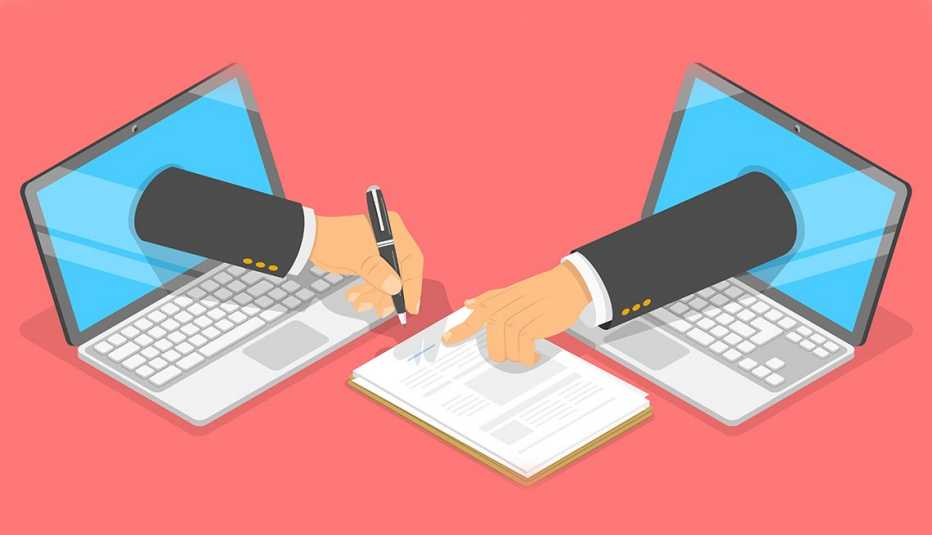AARP Hearing Center
The $20-plus annual antivirus subscription can seem like a cost of digital living as unavoidable as a broadband connection’s monthly fee.
But several security experts and computing veterans say otherwise: No, you don’t have to pay for “AV” software if you follow basic security practices.
Device and app makers have become a lot more vigilant. In some respects, malware outbreaks affect their own reputations.
• Rich Mogull: “I just use the AV built into the platforms now,” says the chief executive of the Phoenix security-research firm Securosis.
• Jeremy Epstein: “I don't use any antivirus,” the chair of the New York-based Association of Computing Machinery’s U.S. technology policy committee and a longtime voting-machine security researcher says about his own computers. “And I don’t recommend to family members that they use antivirus.”
• Kyle Tobener: “Should people pay for antivirus software? No,” says the head of security at Copado Solutions. The software development support firm is based in Chicago. “For most users, paying for antivirus does not increase their safety by enough to justify the additional effort and expense.”
• Adam Engst: “I have never paid for commercial anti-malware software for my Mac, and it’s not something I recommend to most people,” says the publisher and CEO of TidBITS in Ithaca, New York. The Apple newsletter has been online since 1990.
Device manufacturers step up to the plate
These people aren’t saying commercial antivirus software adds no protection. They are saying that in practice its cost, added complexity and risk of leaving you unprotected if a subscription lapses outweigh its benefit.
“We want people to have to do as little as possible to stay safe,” Tobener says.











































































